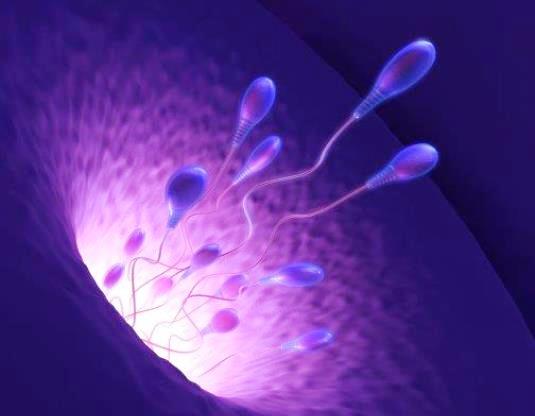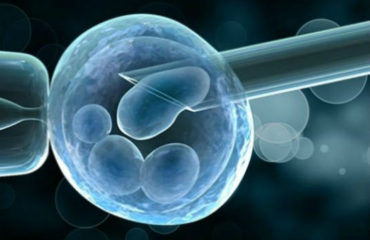Why monitor a menstrual cycle?
If a woman has an irregular menstrual cycle, monitoring her cycle with ultrasound scans and hormone assessments may help to identify the fertile time of the month and so improve the chances of a natural conception.
Ovulation induction
If ovulation is not occurring, then fertility drugs may be administered after the onset of menstruation to help to stimulate normal follicle development.
The simplest treatment is with fertility tablets (Clomiphene or Letrozole), which are both given for five days starting within the first few days of the period. The response to these fertility drugs is then monitored by ultrasound scans and a blood test to confirm ovulation.
If this proves effective you may be able to continue these tablets without further monitoring for 6 months.
Fertility tablets are not always effective and more powerful fertility injections may be necessary to stimulate follicle development in the ovaries. With these more potent fertility drugs there is a greater risk of excessive follicle growth and, therefore, the chances of a multiple pregnancy are greater.
At The Lister Fertility Clinic women receiving fertility injections are always monitored by ultrasound scans and blood tests.
What is IUI?
Intrauterine Insemination (IUI) is a process where sperm is specially prepared in the lab to concentrate those with the best quality and then directly placed into the woman’s uterus around the time of ovulation.
This is performed using a simple, minimally invasive procedure (similar to having a cervical smear) using a fine catheter and takes only a few minutes.
There are two types of IUI
- “Natural IUI” where insemination takes place after monitoring a natural cycle
- “Stimulated IUI” where the chances of success may be increased if the insemination is combined with small doses of fertility drugs to stimulate ovulation.
In both options the development of the ovarian follicles is monitored using ultrasound and the insemination is timed to take place around ovulation (either 24-36 hours after a natural surge is seen using urinary ovulation kits or 24-36 hours after administration of the hormone injection hCG, which triggers ovulation).
The male partner is scheduled to produce a semen sample a few hours before the insemination to allow time to prepare it appropriately.
Who benefits from IUI?
Although IUI may improve your chances over natural “timed intercourse”, it is much less successful than IVF. National guidelines increasingly recommend proceeding straight to IVF after a period of trying to conceive with unexplained subfertility, mild male problems or mild endometriosis where IUI might have previously been initially suggested.
It may, however, be the treatment of choice for couples where the woman has normal fallopian tubes but couples are unable (or finding it very difficult) to have sexual intercourse.
It may also be offered as first-line where donor sperm is required such as to single women, same-sex couples or couples with severe male-factor problems.
 Ελληνικα
Ελληνικα  English
English 




